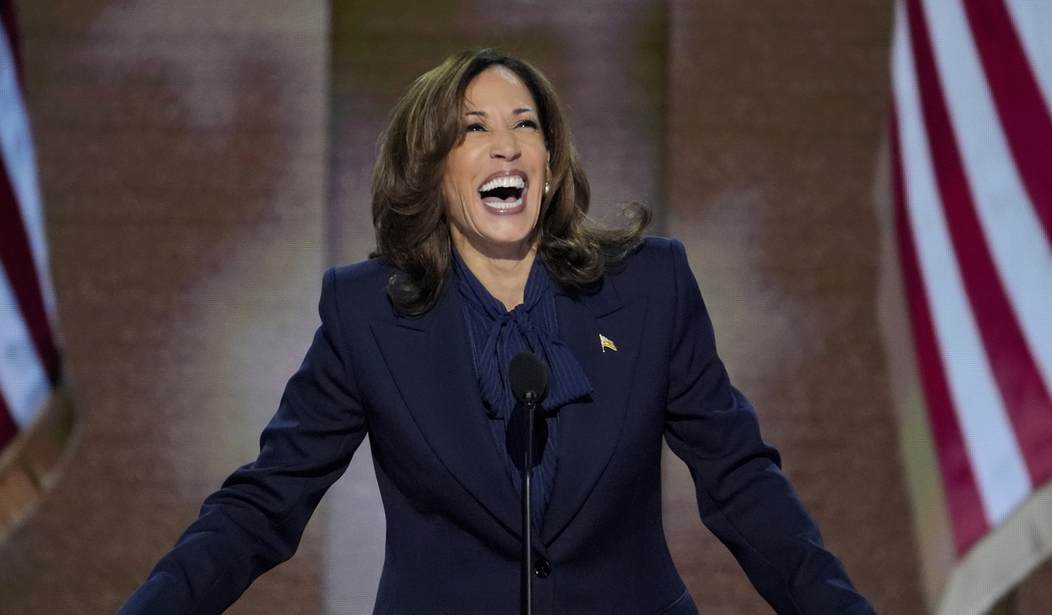There's been a lot said about Kamala Harris's war on "price gouging." Since Harris won't give us many hints on how such a program might work, let's dig into the whys and wherefores of what she might be getting at in trying to control prices.
This assumes that Harris is actually serious about controlling the ever-rising cost of food. Many of us cynics believe that no one is that stupid and that her "price gouging" ideas are simply a means to play on the voter's ignorance and gullibility in order to get elected.
Never underestimate the fervor of a left-wing radical. Kamala Harris may actually believe that punishing corporations for making money during an inflationary spiral caused by her and her boss, Joe Biden is "social justice" in action.
As mentioned, the Harris campaign has given few hints about how this anti-price gauging program would work. They claim they will offer “support for small business trying to get ahead,” but they neglected to suggest any specifics on the nature of that support, Would the support be in the form of tax breaks? Subsidies?
And who exactly does she mean by "small businesses" in the grocery industry? The old "Mom and Pop" model has gone the way of horseshoes and carriages. Convenience stores like White Hen and 7-11 make a profit by franchising (spreading costs over dozens or hundreds of stores), and using their increased purchasing power to drive lower costs to their franchisees.
One small grocery store could never hope to compete on a realistic basis with a supermarket chain. So the notion of increasing competition for Kroger or other large chains is a pipe dream.
Food companies have pushed back against candidate Harris’ gouging accusation. They claim that high food prices stem from a combination of supply-chain problems caused by the pandemic and the tsunami of government money poured on the economy first by the Trump and then by the Biden administration. These explanations conform to those offered by most business and academic economists. They gain further support from the fact that as the economy has put those events further behind it, food price inflation has slowed to a 2.4% annual rate of increase, not appreciably faster or slower than consumer prices in general.
Harris is not talking about shaming companies to lower their prices. She's not talking about subsidizing completion for big grocery chains.
Kamala Harris is talking about price controls. It's the only way to bring the cost of food down. And she's hoping to ride that brainless concept all the way to the White House.
Price controls are a "been there, done that" idea that didn't work when Nixon tried it in 1971. In addition to slapping wage and price controls on the economy, Nixon initiated an import surcharge, and most importantly, canceled the direct international convertibility of the United States dollar to gold. That is what shocked the world in 1971, not so much wage and price controls.
The inflation rate in 1971 was 5.84%. And this is when the "market basket" used to measure inflation had food and fuel in it. Unemployment was over 6% and Nixon panicked. His wage and price controls were very popular but the end of the international monetary system that began with the Bretton Woods agreement at the end of World War II was a disaster. Combined with oil shocks by Middle Eastern sheiks, the wage and price controls led to a deep recession from 1973-75 and a lost decade of stagnation.
Price controls are popular on the left because they believe that businesses shouldn't be profitable. They believe that companies should work altruistically for the benefit of the world and the brotherhood of man.
Thanks, but I'll pass on that.










Join the conversation as a VIP Member